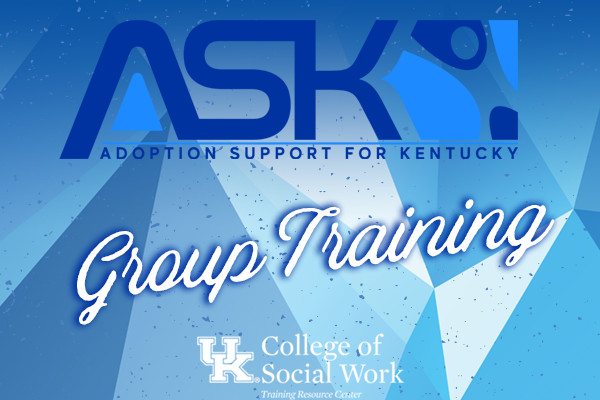Human Trafficking of Children: A Real Issue in the United States. Promoting an Awareness and Comprehensive Perspective to Solutions
This presentation will provide a comprehensive study of vulnerabilities presented to children of becoming a victim of exploitation and trafficking, as well as the need for local, state, and federal agencies to come together to provide a comprehensive approach to providing awareness of the problem issue, intervention services, and therapeutic approaches utilized for surviving victims. The presentation will begin with a systematic literature review of the vulnerabilities that lead to the exploitation of children leading to child trafficking. It will discuss numerous risk factors that cross all races, socio-economic backgrounds, and cultures, yet only certain children become victims of exploitation and trafficking. The presentation's conceptual paper will present the hidden issue of trafficking and how the United States has instituted federal laws against trafficking, yet the numbers of victims continue to rise. The numerous instituted laws will be discussed, confusing as to how the numbers of victims continue to increase contrary to the law inductions. The final piece of the presentation will focus on establishing an awareness of the trafficking of children through a trauma-informed approach to intervention and treatment. Evidenced-Based therapeutic modalities will be described to help to explain the process of children becoming a victim of trafficking as well as being considered perpetrators of criminal behaviors.










